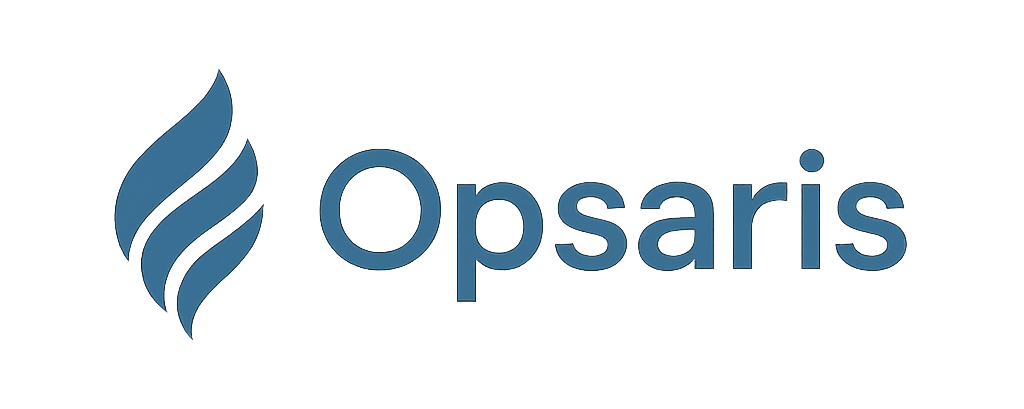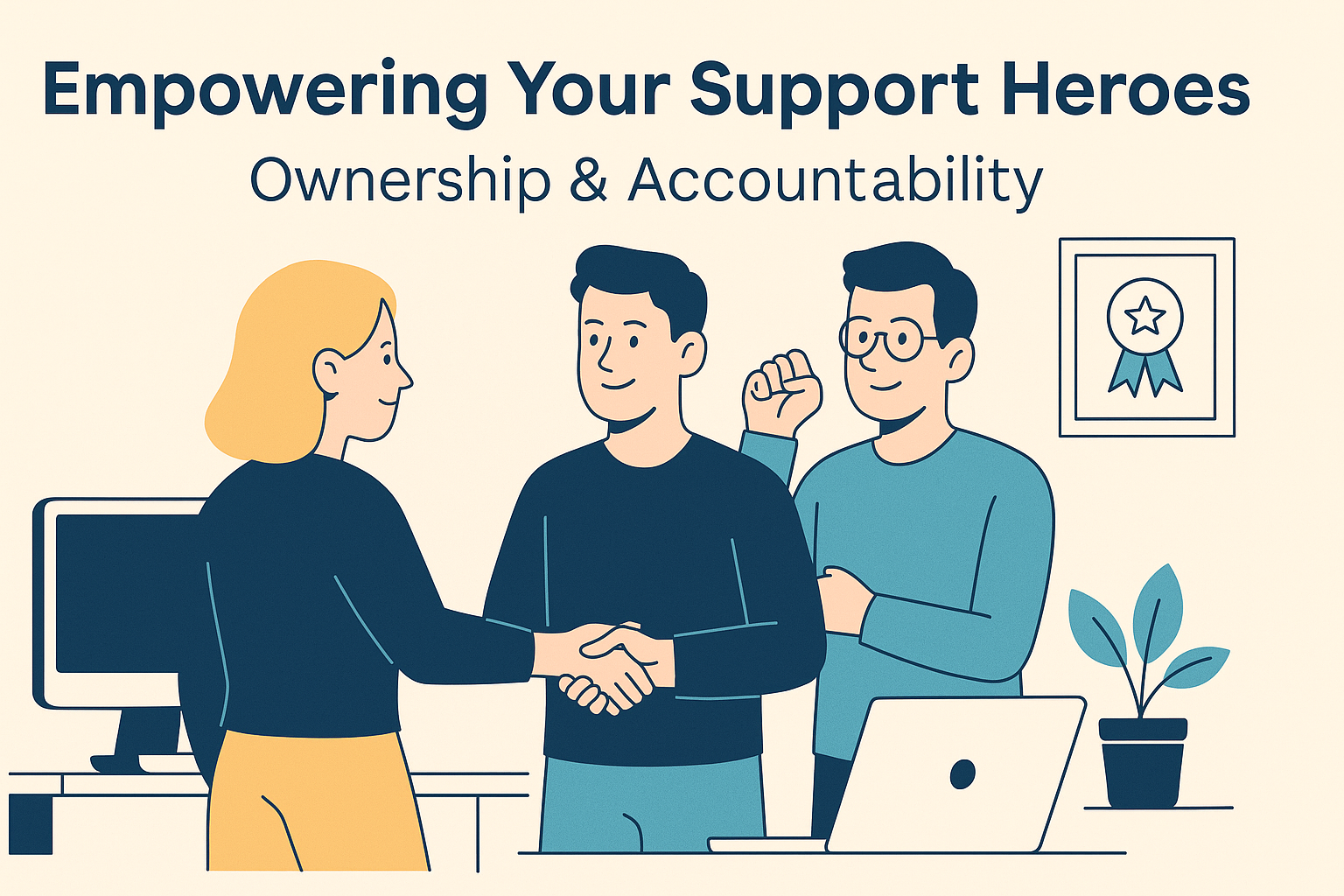Empowering Your Support Heroes: Building a Culture of Ownership and Accountability
We often talk about processes and technology when optimising support operations. We dissect workflows, implement new tools, and track key performance indicators. But at the heart of any successful IT support team lies its people. Are your support professionals simply reacting to tickets, or are they truly invested in resolving issues and driving positive outcomes? For growing tech teams aiming for peak performance, fostering a culture of ownership and accountability is just as crucial as having well-defined processes. It’s about empowering your support heroes to take charge, drive solutions, and ultimately elevate your entire IT service delivery.
Beyond the Script: The Power of Ownership
Think about a time you received exceptional support. Chances are, it wasn’t just about someone following a script; it was about an individual who took personal responsibility for your issue, saw it through to resolution, and genuinely cared about your experience. That’s the power of ownership. In a support team, ownership means:
- Taking Initiative: Team members don’t wait for instructions but proactively seek solutions and improvements.
- Seeing it Through: Issues aren’t just passed along; individuals feel accountable for their resolution, even when collaboration is needed.
- Pride in Work: There’s a genuine desire to provide high-quality support and contribute to the team’s success.
- Problem-Solving Mindset: Challenges are seen as opportunities to learn and improve, rather than just obstacles to overcome.
Building a Foundation of Accountability
Ownership thrives in an environment where accountability is clear and consistently reinforced. This doesn’t mean micromanagement; it means establishing a framework where everyone understands their responsibilities and the impact of their actions. Key elements include:
- Clear Roles and Responsibilities: Ensure each team member has a well-defined role with specific responsibilities and expectations.
- Defined SLAs and Expectations: Clearly communicate service level agreements (SLAs) and performance expectations for individuals and the team.
- Effective Communication Channels: Open and transparent communication fosters shared responsibility and allows for seamless collaboration.
- Constructive Feedback Mechanisms: Regular feedback, both positive and constructive, helps individuals understand their performance and areas for growth.
- Learning from Mistakes: Encourage a culture where mistakes are seen as learning opportunities, fostering a sense of psychological safety and encouraging ownership.
Leadership’s Role: Setting the Stage for Empowerment
The culture of ownership and accountability starts at the top. Leaders play a vital role in empowering their support teams:
- Delegation with Trust: Provide team members with the autonomy to make decisions and manage their work.
- Providing Resources and Support: Ensure your team has the tools, training, and information they need to succeed.
- Coaching and Mentorship: Invest in developing your team members’ skills and empowering them to take on more responsibility.
- Leading by Example: Demonstrate ownership and accountability in your own actions and decisions.
- Recognising and Rewarding Ownership: Acknowledge and celebrate individuals and teams who demonstrate strong ownership and accountability. This reinforces positive behaviors and motivates others.
The Tangible Benefits: Beyond Feel-Good Metrics
Fostering a culture of ownership and accountability isn’t just about creating a happier workplace; it has tangible benefits for your support operations:
- Faster Resolution Times: Empowered individuals often find quicker and more effective solutions.
- Increased Efficiency: A proactive and responsible team wastes less time and resources.
- Higher User Satisfaction: Users feel better supported when dealing with individuals who take ownership of their issues.
- Improved Team Morale: A sense of purpose and responsibility boosts team morale and reduces turnover.
- Greater Innovation: Empowered teams are more likely to identify and propose innovative solutions.
Conclusion
While processes and technology are essential components of optimised support operations, the human element – the dedication, ownership, and accountability of your support heroes – is often the ultimate differentiator. By consciously building a culture that empowers your team members to take charge and be responsible, you’re not just improving your support metrics; you’re building a stronger, more resilient, and ultimately more successful IT service delivery function. Isn’t it time to invest in empowering your support heroes?


